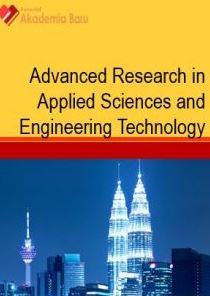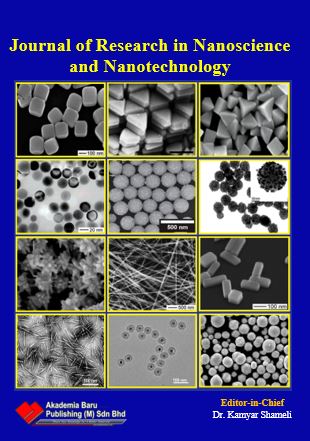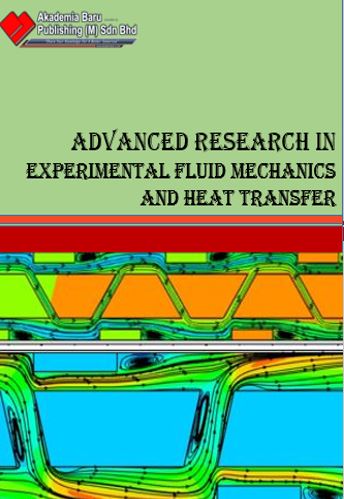Evaluation and Improvement of Thermal Energy of Heat Exchangers with SWCNT, GQD Nanoparticles and PCM (RT82)
Keywords:
Thermal energy, thermal energy storage, heat exchanger, phase change material, nanofluidsAbstract
Today, due to the reduction of energy resources in the world and its pollutants, energy storage methods and increase the thermal efficiency of various systems are very important. In this research, the thermal efficiency and energy storage of two heat exchangers have been investigated in series using phase change materials (RT82) and single wall carbon nanotubes (SWCNT) and graphene quantum dot nanoparticles (GQD) In this research, two heat exchangers have been used in combination. The first heat exchanger was in charge of storing thermal energy and the second heat exchanger was in charge of heat exchange. The reason for this is to improve the heat exchange of the main exchanger (shell and tube) by using heat storage in the secondary exchanger, which has not been addressed in previous research. The results of this study showed that using two heat exchangers in series, the thermal efficiency of the system has increased. Also, the heat energy storage of the double tube heat exchanger was obtained using phase change materials in the single-walled carbon nanotube composition of about 3000 W. The average thermal efficiency of the two heat exchangers as the series has increased by 52%. In general, the effect of the two heat exchangers on each other was investigated in series with two approaches (energy storage and energy conversion) using fin and nanoparticles, which obtained convincing results.





